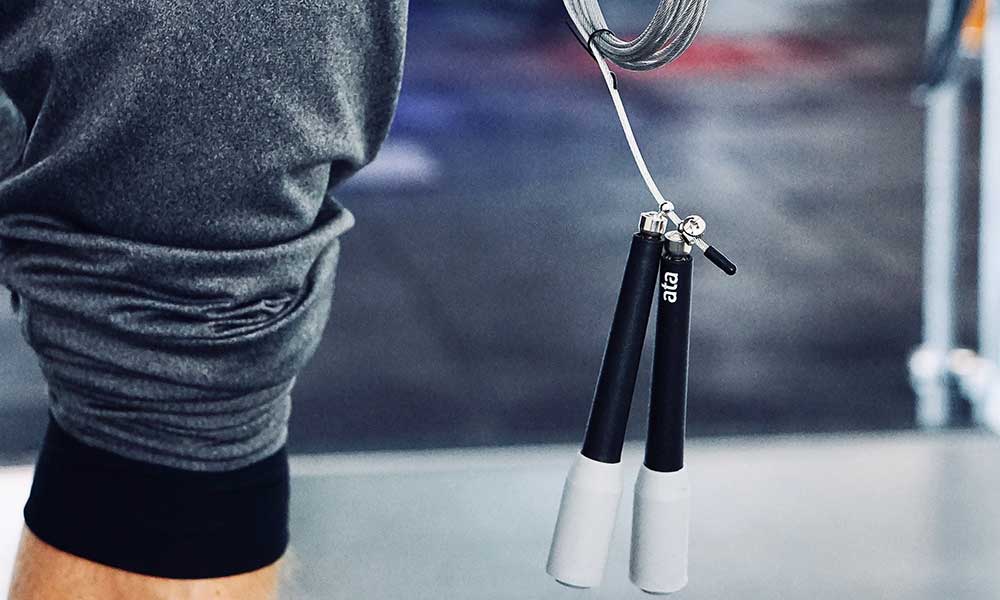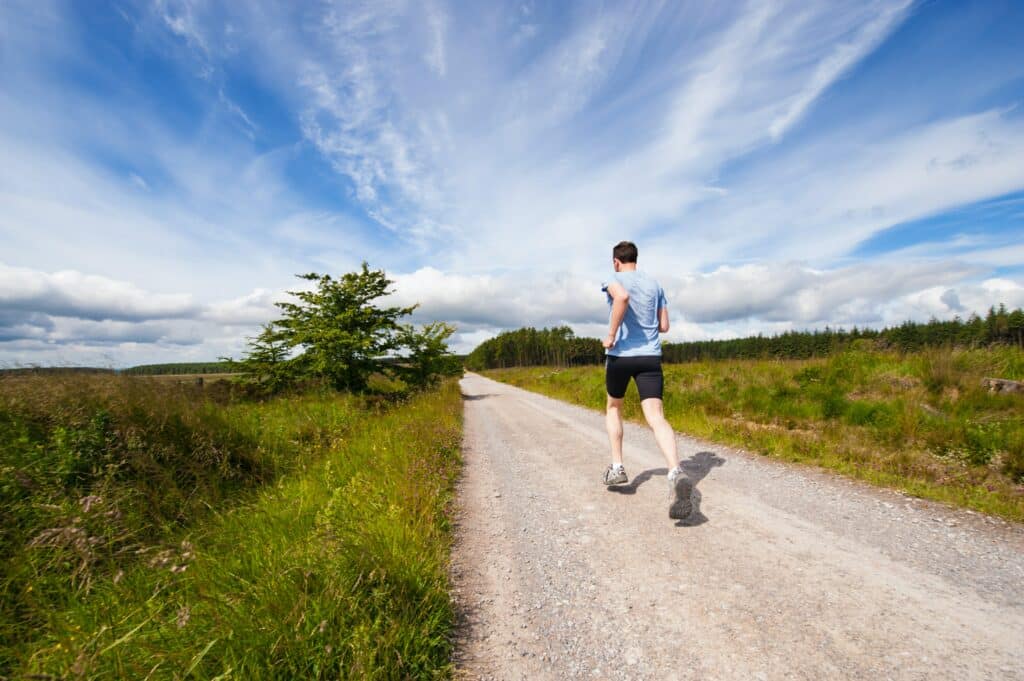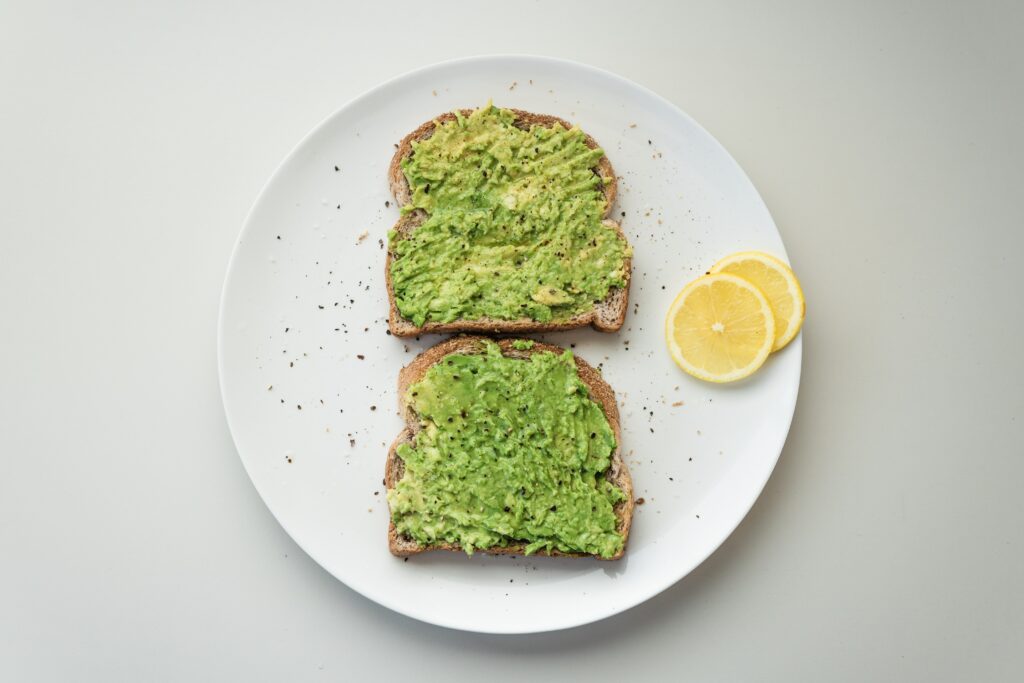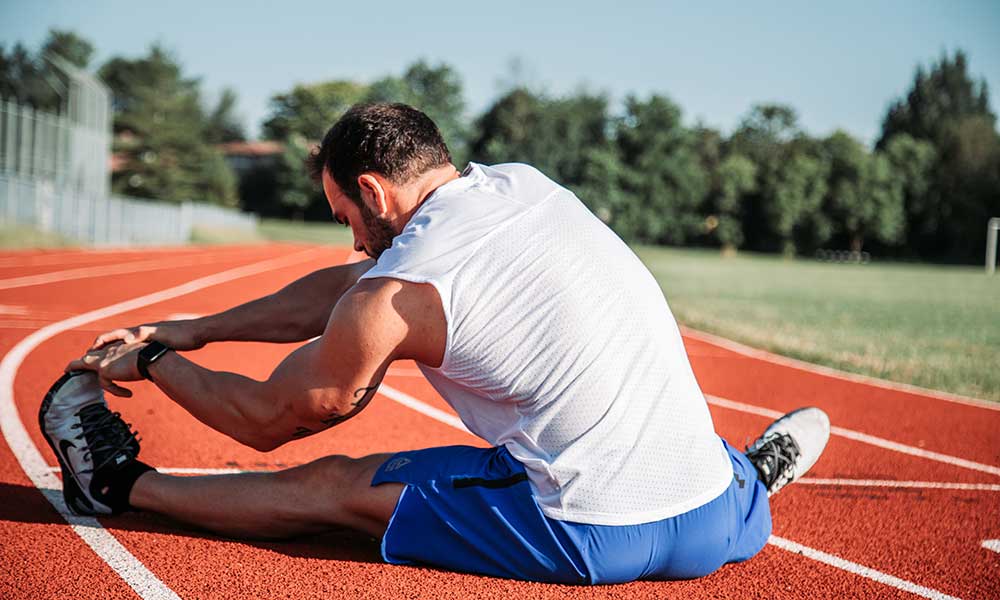Amateur and elite runners alike know the muscle soreness that comes after running. They push their bodies each time they exercise to stay in shape and become stronger.
With each effort, the muscles experience micro-tears that need to heal—which is how muscles are built—and the joints do their work of keeping everything moving and providing shock absorption. And the skin is exposed to all sorts of friction and natural elements.
All of this comes with a toll. One of the best feelings after running is to soak in a restorative warm bath. Bath salts are a great addition to your warm bath water to feel even better.
To use bath salts, simply add a cup of bath salts to your bathtub as you are filling it up with warm water then gently stir the water with your hand until all of the crystals are dissolved. A 20-minute soak should leave you feeling relaxed and rejuvenated.
What are bath salts?
Bath salts are a water-soluble product that can be added to a bath to enhance the bathing experience. The goal of them is to mimic natural mineral springs that have healing and soothing properties which will leave your skin feeling smoother. In addition, they are said to remove toxins from the body.
They generally contain some or all of the following: Epsom salt, baking soda, glycerin, and table salt, to name a few. Different ingredients can provide different benefits to the skin.
Bath salts often come in different colors and scents to offer increased enjoyment and relaxation in the bathing experience. Many times the scent is coming from just a few drops of added essential oils. Lavender, for instance, is said to be soothing and relaxing, helping you to sleep better, while citrus is said to aid in stress relief.
For runners, you can easily work bath salts into your post-run recovery routine whether or not you actually have a bathtub. Keep reading to learn more.
Benefits of bath salts for runners
Bath salts are a great way to get a little extra from your post-run bath. Baths are a great way to relax after a big running effort to help relieve your sore muscles and relieve the tension in your body.
For runners, bath salts mean fewer calluses on the feet so they don’t have to be embarrassed going barefoot. And it can leave your skin overall feeling softer and more hydrated, especially after long hours out in the elements.
Weightlessness
Bath salts actually raise the density of the bathwater. So, in addition to sitting in a warm, relaxing bath, your body actually feels lighter in the water which can ease the stress on tired joints. This ‘lightness’ contributes to a better sense of relaxation.
Part of recovery from running or physical exertion is relaxing and getting adequate rest. This will allow for greater rest so your muscles can do the important repairing that needs to be done so you can continue to exercise and get stronger.
Skin Care
For outdoor runners especially, the elements can take their toll on the skin. In the winter, runners are more apt to get dry skin on areas that are open to the elements. Sometimes runners will get small cuts from brush and branches. Then there are sunburns and hot spots from the rubbing of skin or clothing. It all hurts.
Bath salts can help to heal small wounds, provide relief for skin pain, and hydrate dry skin. Soothing these wounds and pains is important feeling your best before, during, and after your run.
Exfoliant body scrub and foot scrub
You don’t actually have to bathe in bath salts, especially if they are loose salts. After miles and miles of running, your feet or other places on your body are likely to have built up some hard spots.
Bath salts make a wonderful body scrub and foot scrub. Simply take ½ cup of salts mixed with a drizzle of body oil, like almond oil, and gently scrub away the dead skin and hard spots. Remember to keep it gentle as the salt can be sharp and could cause very small cuts which could make things more painful for you.
This exfoliation will leave your skin feeling softer and renewed.
Foot soak
Again, runners are on their feet a lot. There is a lot of friction and impact with each step, which builds up to feet getting calluses and blisters which can be painful and uncomfortable. Many of us don’t have access to a bathtub, so a simple foot bath may be a better option.
A foot soak is a great way to get your feet feeling better and healthier. Simply dissolve ¼ to ½ cup of bath salts in warm water. Soak your feet in the healing bath for around 20 minutes to get your feet feeling more soft and smooth.
What is epsom salt?
The term ‘bath salt’ can be synonymous with Epsom Salt. If a bath salt product is not pure Epsom salt, it will contain Epsom salt, more often than not.
Epsom salt—magnesium sulfate—is a chemical compound of magnesium, sulfur, and oxygen that is common in many commercially available bath salts. It was first discovered in the town of Epsom in Surrey, England which is where it gets its name.
Many of the benefits of bath salts come from the use of Epsom salts. You can use Epsom salts like you would use bath salts in foot scrubs, foot soaks, baths, or body scrubs.
The classification of ‘salt’ is due to its chemical makeup and appearance rather than its proximity to salt for culinary purposes. While Epsom salt can be consumed, it is not intended to be added to food, but rather used as a supplement for magnesium.
Epsom salt is a great tool to help runners recover from their runs by helping to exfoliate dead skin and removing the opportunity for a buildup of calluses.
Disclaimer about epsom salt
Magnesium is the fourth most common element in the human body, making it something very necessary for our health. Magnesium is the main component of Epsom salt, which is thought to be why it has been linked with so many health benefits like alleviating constipation, fibromyalgia, arthritis, muscle soreness, and muscle aches.
There are many claims that an Epsom salt bath will provide the health benefits above through absorption of magnesium. So far, there is no reputable research to back these claims, thus they should be taken with a grain of salt—pun intended.
Many of these ailments are indicative of or made worse by magnesium deficiencies. Thus, taking a magnesium supplement is proven to help in these situations. Epsom salt can be safely taken as an oral supplement. Always remember to consult your medical professional about quantities and potential side effects.
As a runner, if you are finding that your joint pain or muscle soreness seems to be excessive and is preventing you from enjoying your runs or growing as an athlete, it may be time to talk to a medical professional to make sure that there isn’t a more serious issue.
Closing thoughts
Bath salts and Epsom salts are a great way for runners to take care of their feet and skin with or without a bathtub. They are also a great addition to add to a warm bath to help your body relax and your muscles begin to recover. Happy running!







